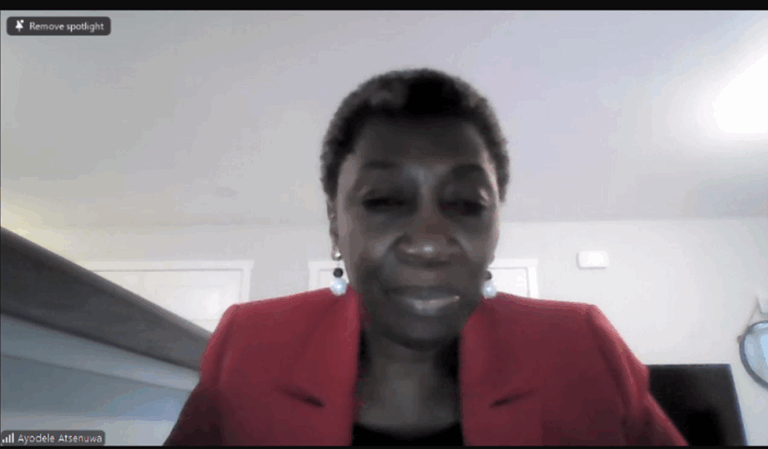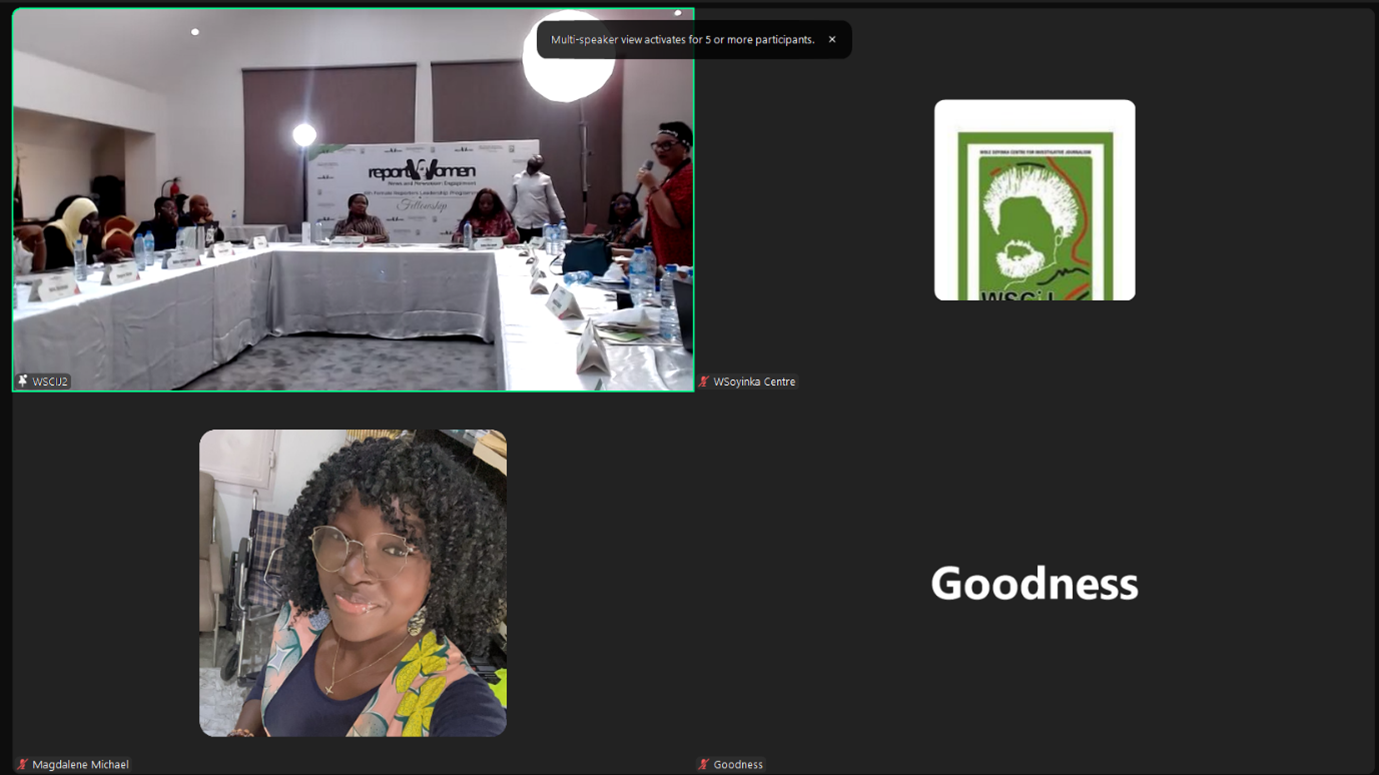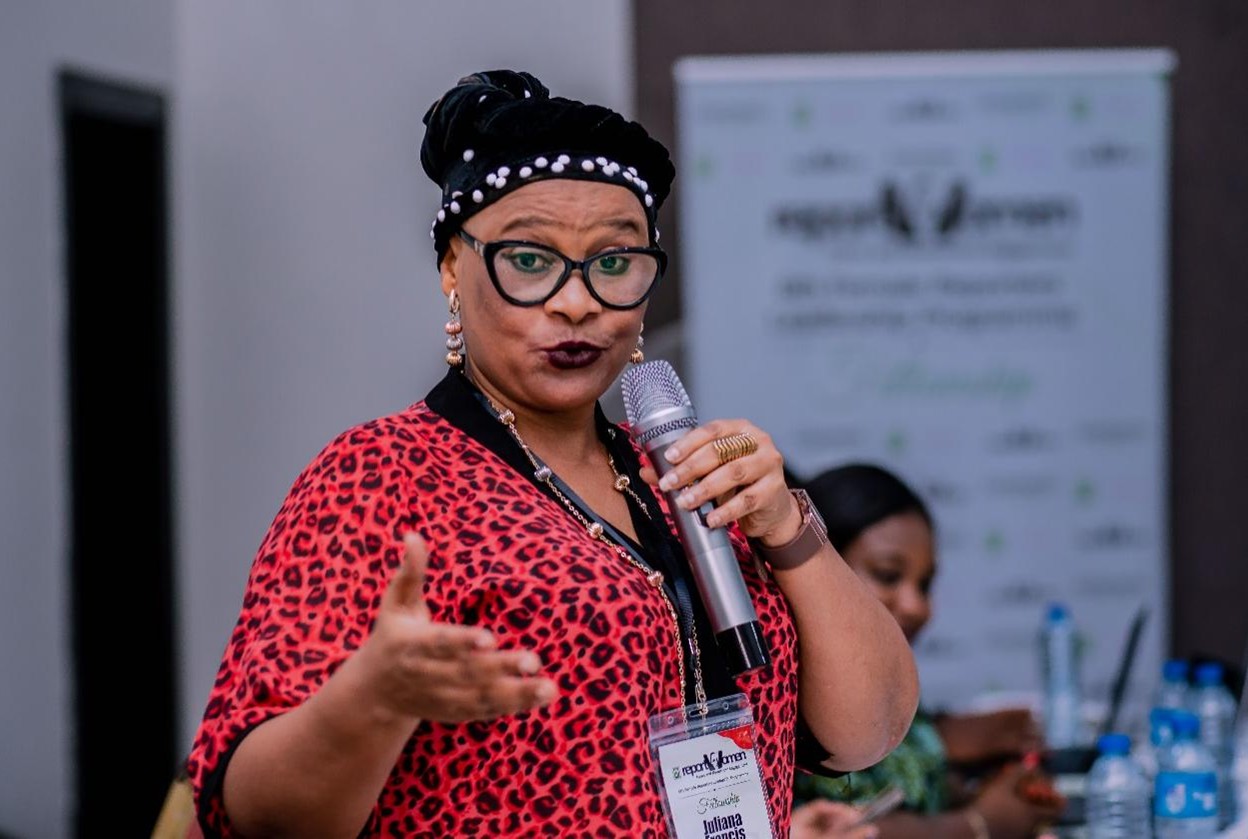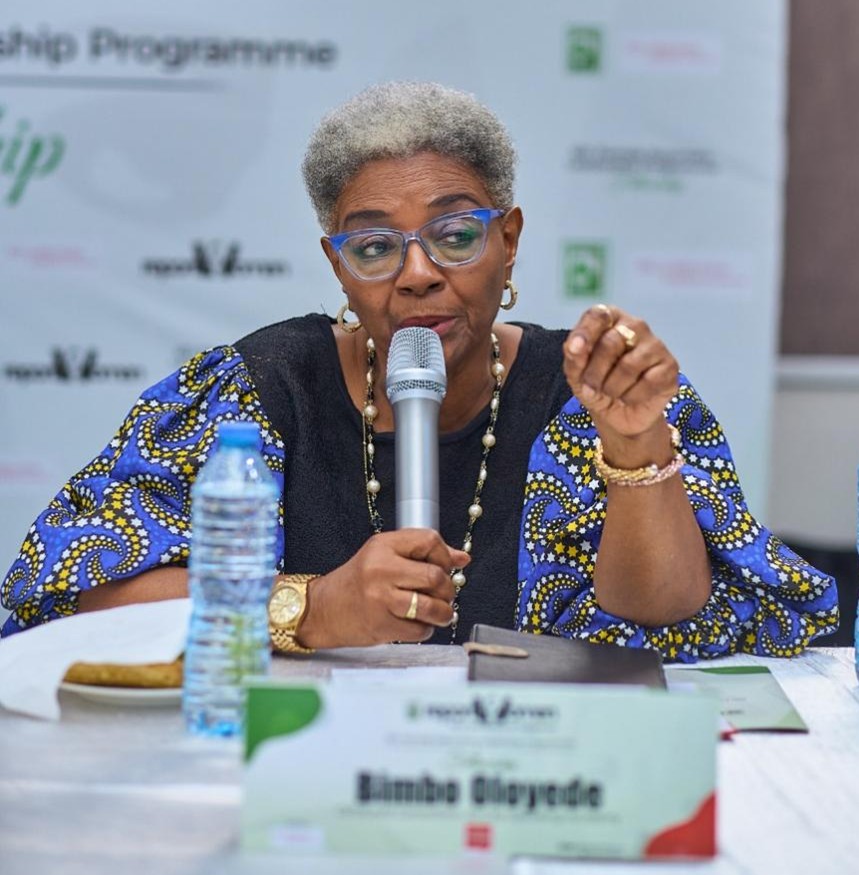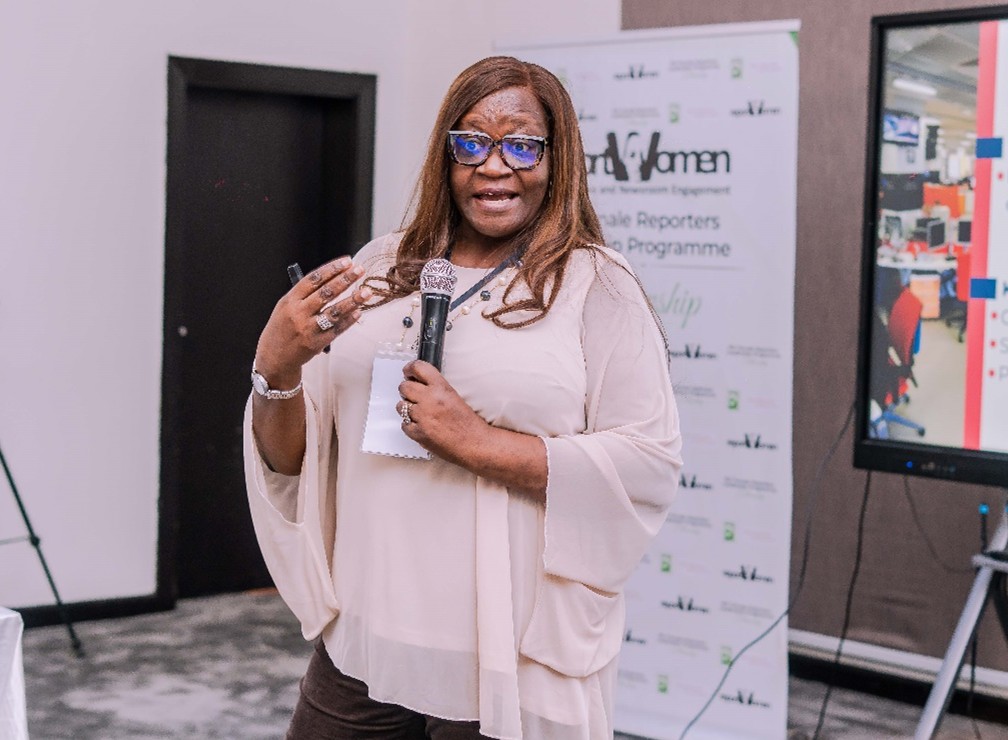Journalists must pay closer attention to the disconnect between Nigeria’s legal frameworks and the lived realities of women and girls, Ayodele Atsenuwa has said. Speaking during a session of the Report Women! Female Reporters Leadership Programme (FRLP) Fellowship training organised by the Wole Soyinka Centre for Investigative Journalism (WSCIJ), the public law professor called for more investigative reporting on policy failures, enforcement gaps and outdated laws that hinder gender justice.
Atsenuwa, who is the immediate past Deputy Vice-Chancellor (Development Services) at the University of Lagos (UNILAG), took female journalists through an analysis of legal and policy instruments protecting women’s rights at national, regional and international levels. She argued that while Nigeria has signed on to several progressive treaties, the country’s dual legal system and weak enforcement culture continue to limit their impact.
“Having a good law does not guarantee a good reality,” she said. “Rights must be respected, protected, and fulfilled, and journalists have a role to play in holding the system accountable when this does not happen.”
She explained that many of Nigeria’s legal protections for women are either poorly enforced or undermined by contradictory customary and religious laws. Citing the example of child marriage, she pointed out that constitutional loopholes allow girls to be married off at an early age under the guise of religious or customary practices.
The session also examined issues such as the outdated Labour Act, which fails to address workplace sexual harassment, and the lack of enforceable rights to health and housing despite constitutional recognition of their importance.
Atsenuwa challenged fellows to use their platforms to highlight these inconsistencies and to press for reforms. “Media must go beyond documenting violations,” she said. “They must question systemic failures and push for accountability at all levels.”

